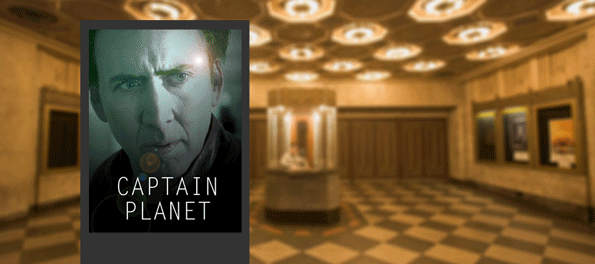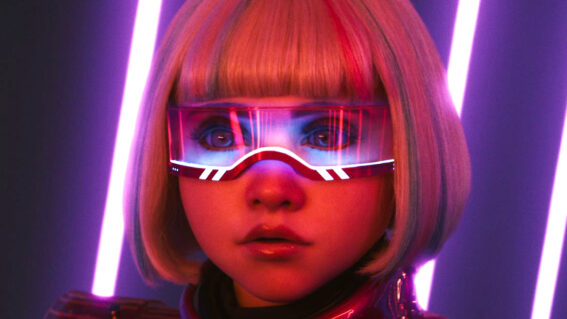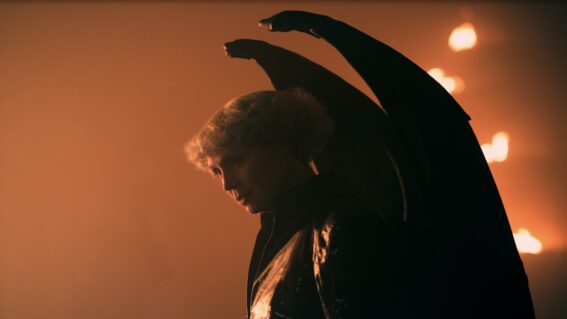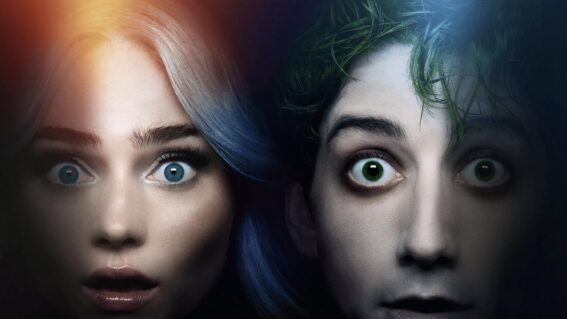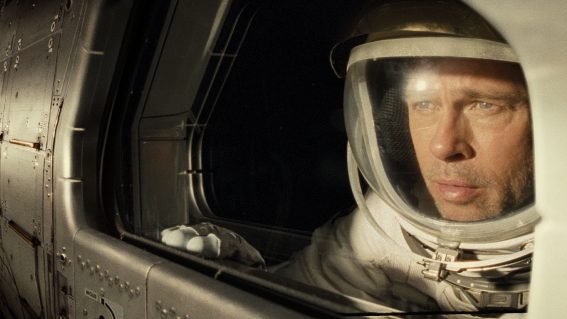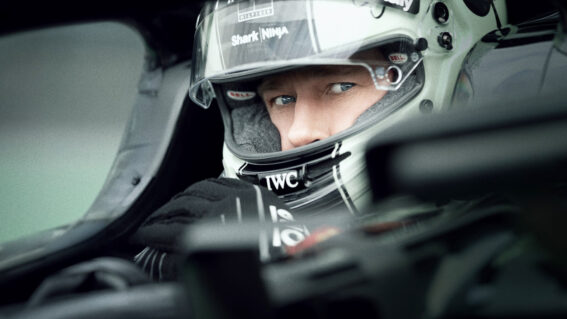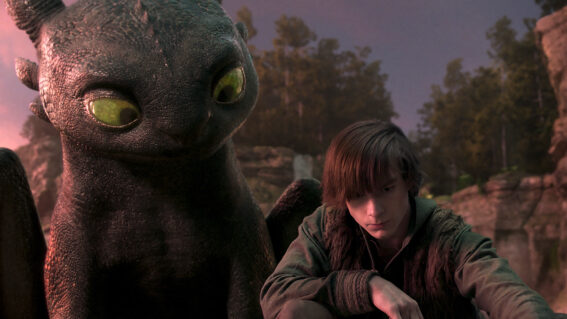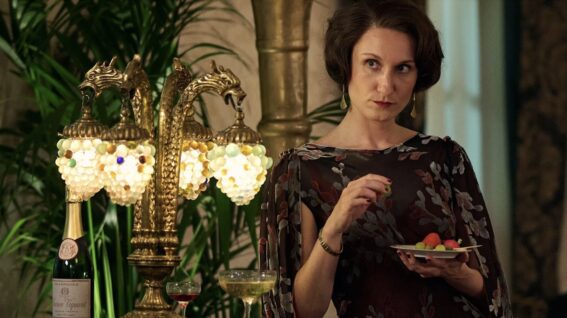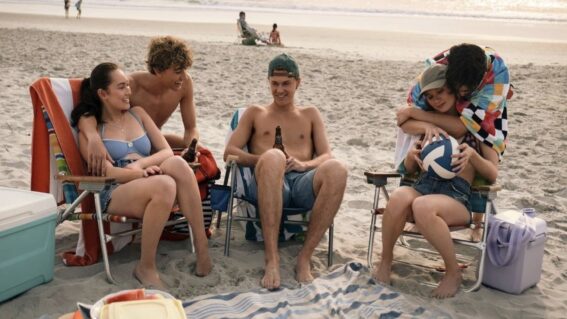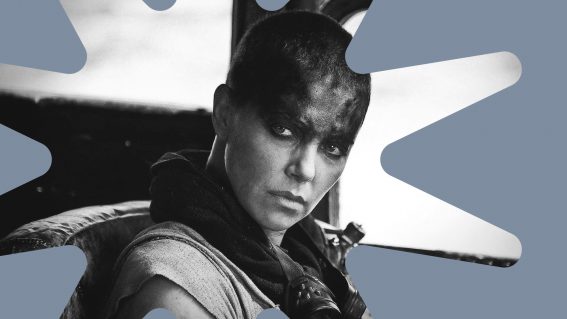Dropping my childhood attachments (for the sake of terrible reboots)
Another year, another big-budget CGI’ed reboot, another grown-up geek yelling “You ruined my childhood!” It’s a cycle that time has been pedalling for a while now, and I’m not ashamed to say that I’ve been one of those sweaty geeks with a misplaced sense of pride. I bet you are too, and that’s okay, because […]
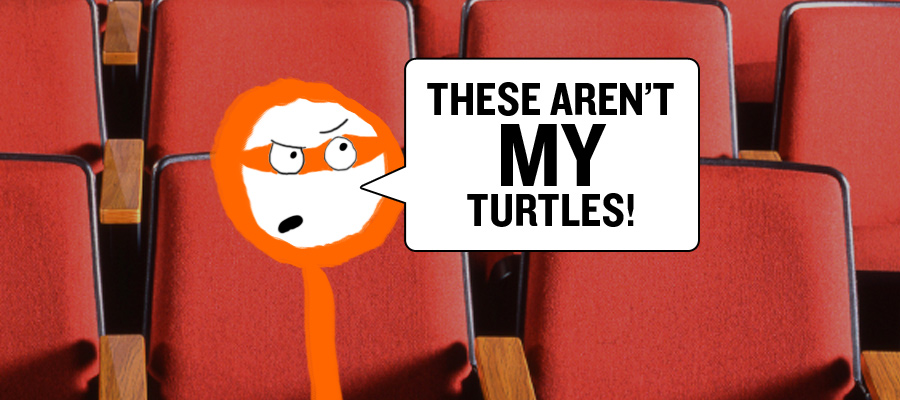
Another year, another big-budget CGI’ed reboot, another grown-up geek yelling “You ruined my childhood!” It’s a cycle that time has been pedalling for a while now, and I’m not ashamed to say that I’ve been one of those sweaty geeks with a misplaced sense of pride. I bet you are too, and that’s okay, because we can get over this. Hold my hand as we take this verbal voyage together.
In the latter half of my single-digit age, cartoon television was a religious experience. It was the divinity I praised when I got home from primary school, that brief interval where I needn’t worry about long division, what the hell a Finland was, and whether or not Dakota knew I had a face-reddening crush on her.
I lost myself in cartoon worlds, using the voids spawned from my nativity of the real real world to house fantastical wonders derived by the shows I worshipped. In my fake real world, I could be a Pokemon master, I could be a Planeteer, I could be the third Swat Kat, I could achieve Super Saiyan Level 2, and I could be an honorary Teenage Mutant Ninja Turtle.
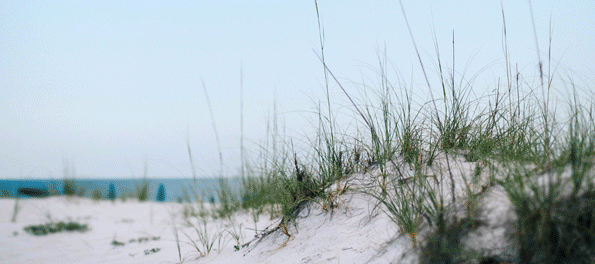
At the age of 25, I can still recall the feeling of young attachment I had to my cartoon heroes, an attachment boosted by my former child’s vast imagination to make these fake connections feel almost tangible.
But then I grew up, and that pesky knowledge of the real real world took its rightful mantle in my mentality, evicting those childhood fantasies. Gone were the afternoons I spent within that intoxicating disillusionment next to a plate of peanut butter sandwiches. In its place was a new world with new rules and new things to be confused about: puberty.
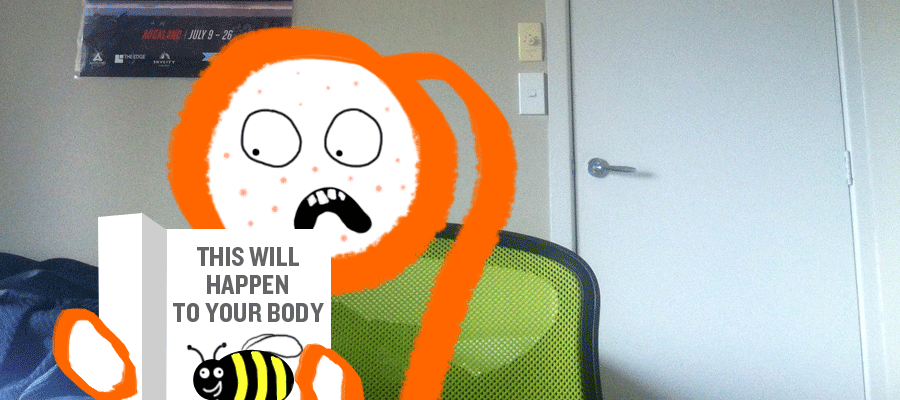
My attachments took sole focus on real real people. Unlike fake real people, relationships with real real people are mutual. Unfortunately, real real people are not Pokemon masters, cannot summon Captain Planet, have not trained their cats to pilot fighter jets, were unable to turn their hair blonde by screaming really loudly, and were definitely not mutant, ninjas or turtles.
They were teenagers though, so one out of four isn’t bad I guess.

As my real knowledge grew, my fake attachments withered. Then they obliterated without notice.
It’s an experience I miss, another that has been stored in a carefully curated trove of golden experiences I’ve labelled ‘nostalgia’. It’s an old trove that I have been subconsciously scraping rust off as the years go by, giving it the erroneous shine of utter flawlessness.

So when those same childhood characters are reintroduced/revived/rebooted onto the big-screen years later, I impulsively expect those fake attachment to be reintroduced/revived/rebooted along with it – unaware that I grew out of it long ago. In the blinding light of nostalgia, anything less than flawless is unworthy of my blessing.
And when that expectation is over-the-top, so is my reaction…

Regardless of whether the movie is legitimately bad by its own standards or is actually pretty good, my personal disgust at this seemingly disfigured version of a thing I loved – a thing I grew up with – drenches my hate in hyperbole. I wanted to blame the film for wrecking my childhood, for severing my attachments to the fake real world.
But these reboots are not slamming doors in my face. Rather, I’m walking into walls I’ve mistaken for doors leading to the El Dorado of nostalgia.
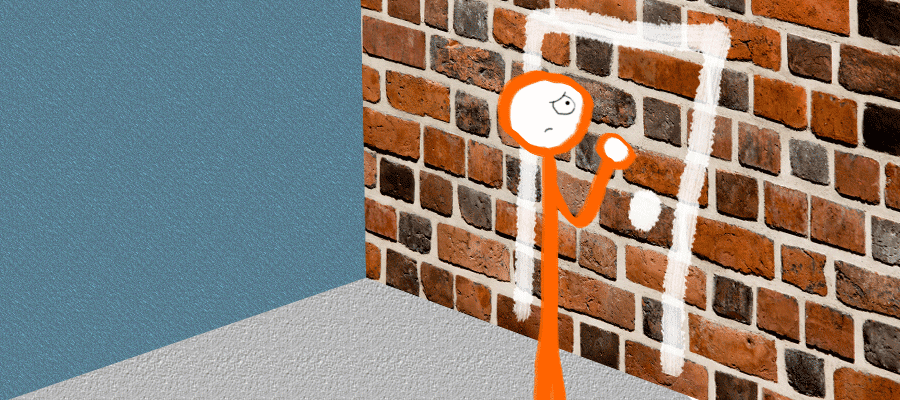
So I drop my childhood attachments, along with the expectation that I’ll get another chance at youth and the unique fake real experiences that comes with youthful wonder. So when a reboot turns out to be horrible, I transform that expired anger into something healthier for the cynical soul: finger-pointing laughter and snobby shit-talking.
Just because I dropped my childhood attachments doesn’t mean I have to stop being childish.
